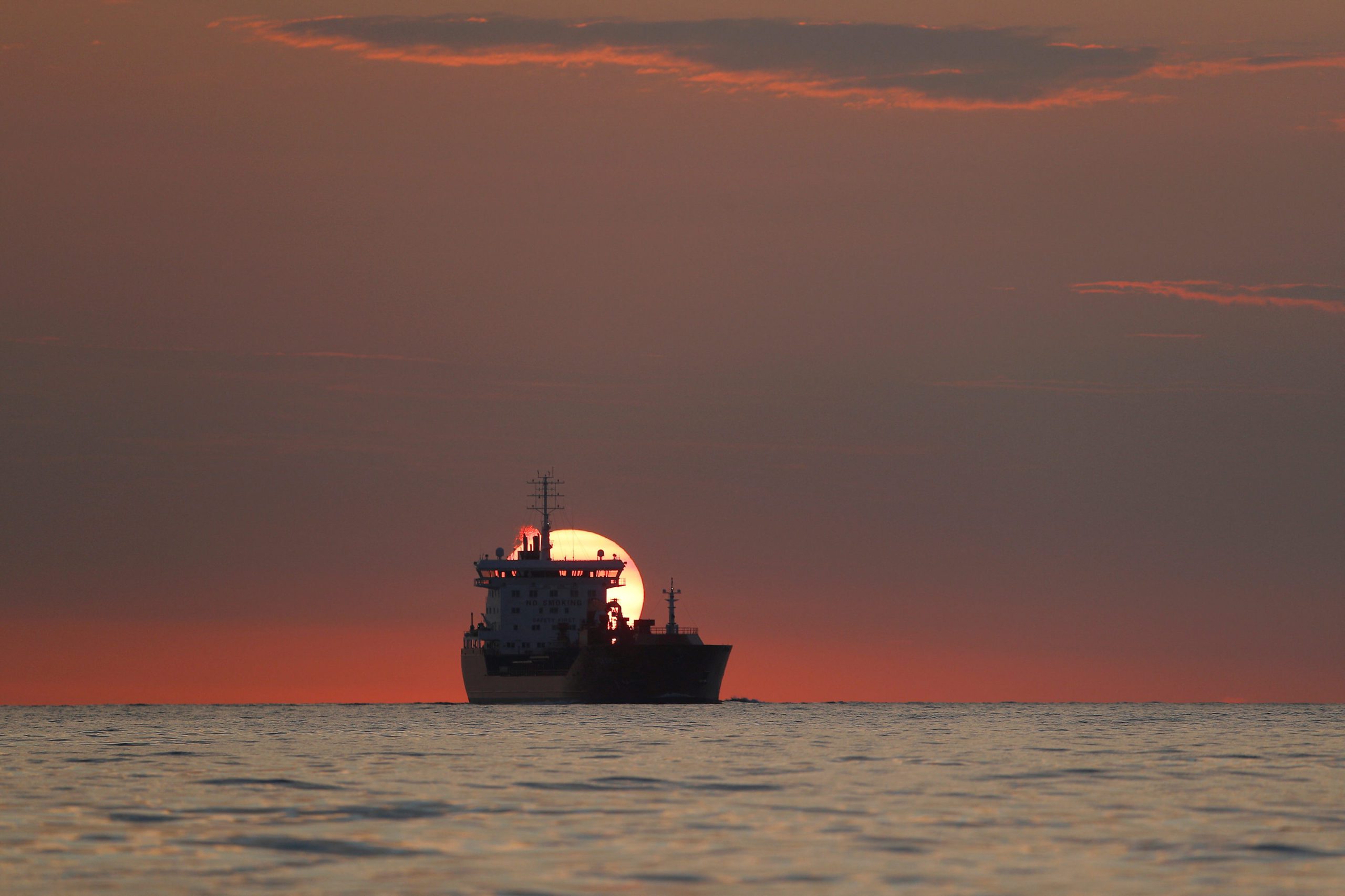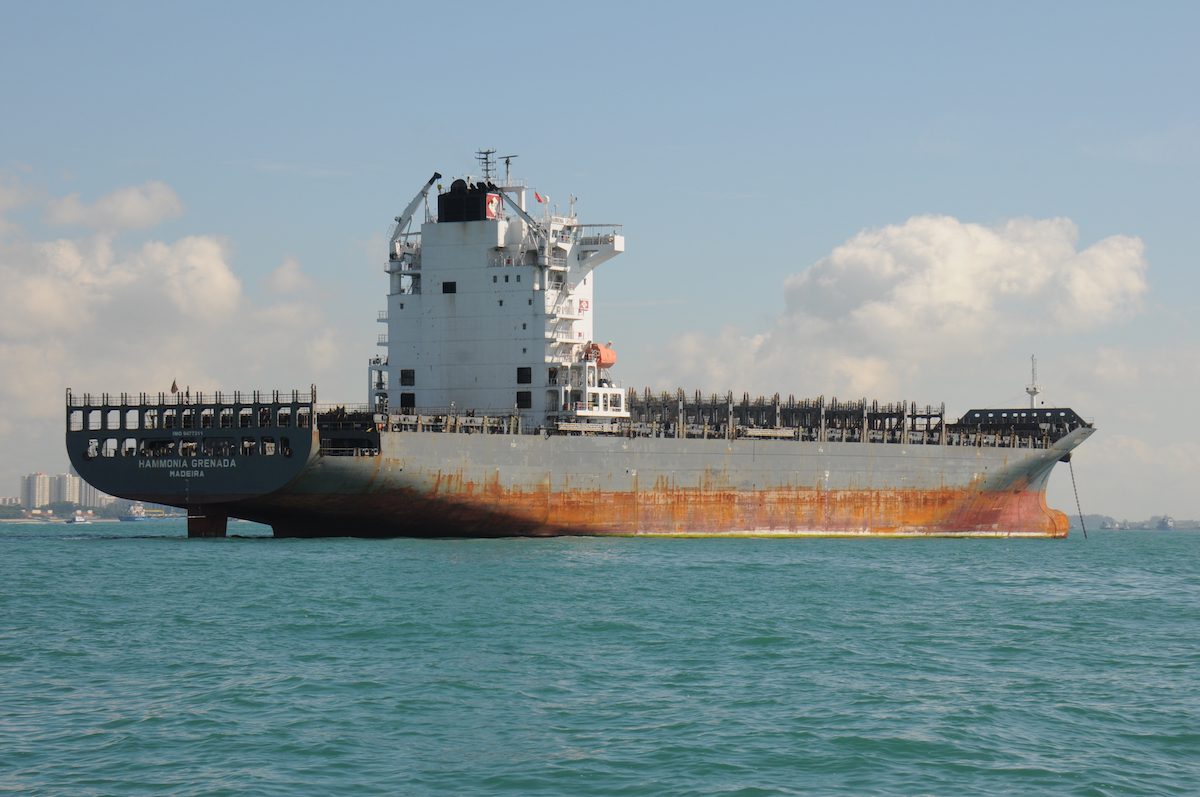 Oct 28 (Reuters) – Qatargas and other producers of liquefied natural gas (LNG) will continue to make project decisions based on long-term demand and sales rather than any developing spot market, the chief executive of the world’s largest LNG exporter said on Monday.
Oct 28 (Reuters) – Qatargas and other producers of liquefied natural gas (LNG) will continue to make project decisions based on long-term demand and sales rather than any developing spot market, the chief executive of the world’s largest LNG exporter said on Monday.
“LNG producers will find it difficult to take on the price risk that is associated with the spot market,” said Sheikh Khalid bin Khalifa al-Thani, speaking at the Singapore International Energy Week conference.
Asian and European buyers of LNG have been trying to shift the market away from the oil-linked pricing structure and the multi-year contracts that have been the basis on which producers build their multi-billion dollar export terminals.
Buyers have been hoping to delink LNG from oil when they start buying cargoes on U.S. Henry Hub pricing after North American gas starts hitting export markets later this decade.
Short-term contracts have also grown more common in recent years, as the number of LNG buyers has grown.
Qatargas signed a 5-year contract with Germany’s E.ON this month to supply a maximum of 10 billion cubic metres, or about 7.4 million tonnes, of LNG from Qatar, priced against continental European gas hubs.
The gas producer also signed a five-year agreement in September to supply 1.14 million tonnes a year (mtpa) of LNG to Malaysia’s Petronas at the Dragon LNG terminal in Wales from 2014 to 2018.
But “investment decisions for LNG projects will continue to hinge on the long term outlook for natural gas”, said al-Thani.
With the startup of new projects in Australia, North America and East Africa, al-Thani also said he expects more supply to be available from between 2015 and 2018.
“However, these increases will not be enough to compensate for the increase in demand from the new emerging markets,” he said.
Qatar would be able to increase production by 10 percent from current total production capacity of 77 million tonnes per year with no extra investment, he said.
Both producers and consumers are currently in a “wait-and-see mode” to see how the global supply and demand situation will evolve in the second half of the decade, he said.
Qatargas has a total capacity of 42 million tonnes per year, while Qatar’s other gas company, RasGas holds the rest of Qatar’s LNG capacity.
Both firms are majority owned by Qatar Petroleum.
Qatargas is also part held by a consortium made up of Total , ExxonMobil, Mitsui, Marubeni , ConocoPhillips and Royal Dutch Shell.
RasGas is held 30 percent by ExxonMobil. (Reporting by Jacob Gronholt-Pedersen and Jessica Jaganathan; Editing By Tom Hogue)
(c) 2013 Thomson Reuters, All Rights Reserved

 Join The Club
Join The Club











